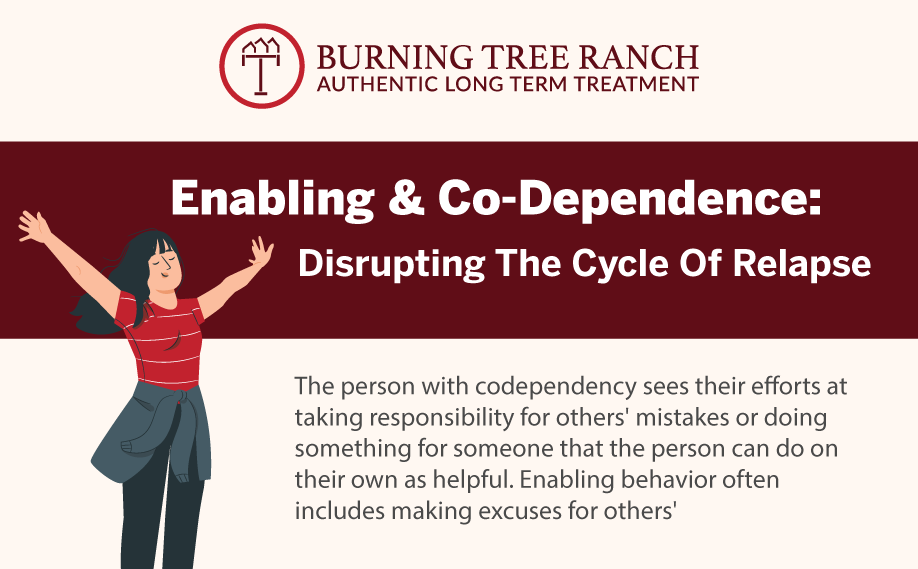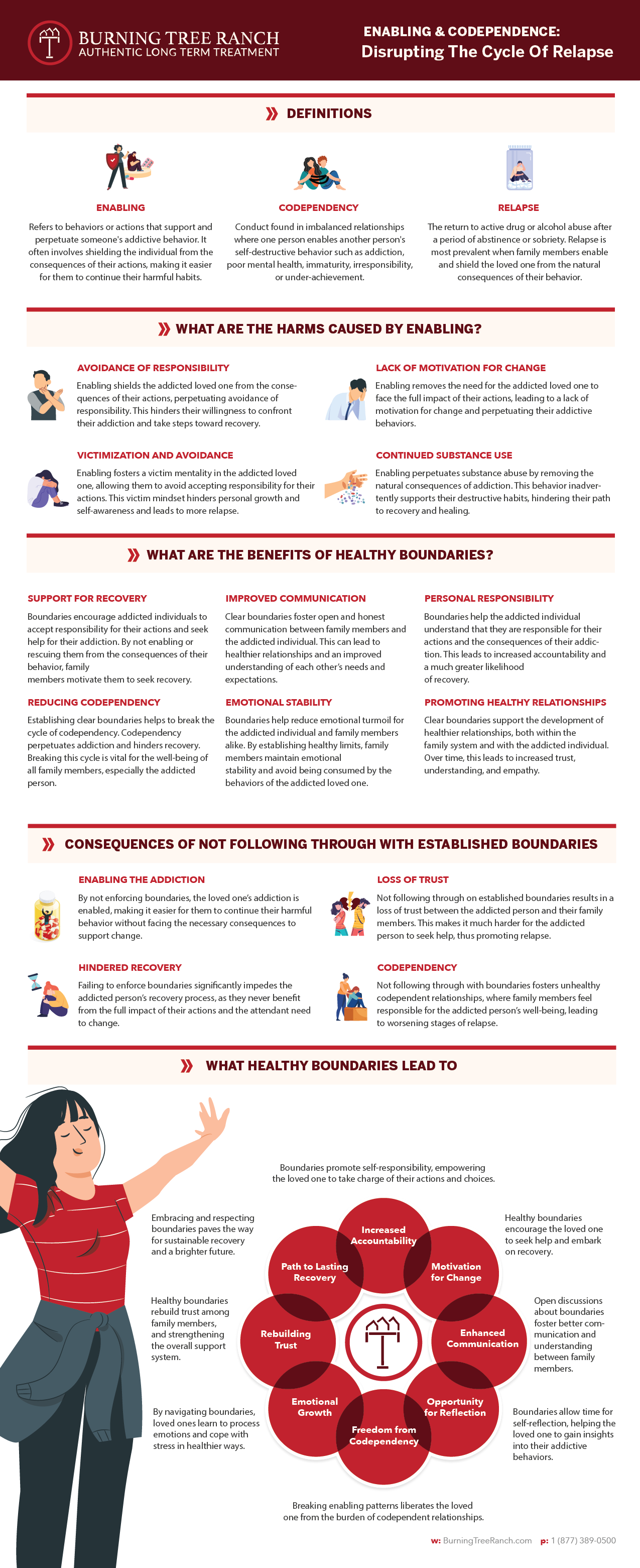Supporting a loved one through addiction is a challenging task that demands a delicate balance of empathy and boundary-setting. While the desire to help is natural, ensuring that our assistance doesn’t inadvertently contribute to their dependence is essential.
The key to genuine healing is understanding the importance of providing support without enabling. For those who care deeply, this means navigating the turbulent waters of recovery while remaining vigilant against perpetuating destructive behaviors.
These complex obstacles underscore the need for a knowledgeable and well-balanced approach to assisting addicts. With confidence and determination, we can help our loved ones overcome addiction and achieve lasting recovery.
Understanding Enabling Behavior
Enabling behavior is a concept that requires a deep understanding to avoid its negative consequences. Enabling can be defined as supporting or allowing someone to continue their harmful behavior rather than helping them change it.
It is essential to recognize that enabling can be detrimental to both the enabler and the person being enabled. To avoid this, it is crucial to be aware of common enabling behaviors, such as:
- Making excuses for someone's behavior
- Ignoring or minimizing the consequences of their actions
- Providing financial support without accountability
- Covering up their mistakes or taking responsibility for their actions
- Rescuing them from the consequences of their behavior
Burning Tree Ranch Is the Nation's Best Long Term Dual Diagnosis Treatment Center for the Chronic Relapser
13 Ways You Can Help an Addict Without Enabling
- Educate Yourself: Dive deeply into the complexities of addiction. Understand the physiological, psychological, and social factors that contribute to addiction. This comprehensive knowledge will allow you to empathize better and offer more informed support to your loved one.
- Listen Actively: Being present and truly hearing someone can be therapeutic. Encourage open communication and ensure that the addict feels safe, valued, and understood when they share their experiences with you.
- Encourage Treatment: Explore and discuss various treatment modalities, from cognitive-behavioral therapy to holistic treatments. Everyone resonates with different therapeutic approaches, so stay open-minded and motivate the addict to seek what feels right for them.
- Avoid Financial Support: While your instinct might be to help monetarily, this can often lead to furthering the addiction. Instead, direct your assistance towards tangible resources such as recommending credible rehab centers or sponsoring therapy sessions.
- Set Clear Boundaries: Boundaries safeguard both you and the addict. Clearly communicate your limits, emphasizing that these boundaries are set out of care and concern and not as punitive measures.
- Be Consistent: Ensure that your interactions, decisions, and boundaries remain stable. Consistency reduces potential manipulations and fosters an environment of trust and clarity.
- Stay Calm: Dealing with addiction can be tumultuous. Maintaining emotional equilibrium is essential, especially during confrontational or challenging conversations. Your calm demeanor can influence a more productive dialogue.
- Take Care of Yourself: Supporting an addict is emotionally taxing. Prioritize self-care, engage in activities you love, and consider seeking counseling to manage your emotions better.
- Avoid “Rescuing”: While shielding someone from consequences might feel nurturing, it can hinder their path to recovery. By allowing them to face outcomes, you’re promoting accountability.
- Encourage Healthy Habits: Promote well-being by suggesting activities that stimulate both the body and mind. Whether it’s joining a fitness class, painting, or exploring nature, these endeavors can act as positive diversions.
- Be Patient and Hopeful: Recovery is nonlinear and can be punctuated with setbacks. Celebrate every moment of progress, and continually reiterate your belief in the addict’s strength and resilience.
- Seek Support for Yourself: Engage with communities who understand your journey. Organizations like Al-Anon or Nar-Anon can offer invaluable advice, camaraderie, and coping techniques.
- Know When to Walk Away: Self-preservation is crucial. If your well-being is at stake or if the dynamics become too toxic, prioritize your mental and emotional health, knowing that sometimes distance can be the most caring action.
Addiction Treatment at Burning Tree Ranch

Addiction treatment at Burning Tree Ranch stands as a powerful sanctuary for those trapped in the complex web of substance dependency. We recognize that well-meaning actions from family and loved ones can inadvertently enable this destructive cycle. However, we are unwavering in our commitment to fostering lasting recovery through a comprehensive approach.
Our long-term addiction treatment center seamlessly integrates evidence-based and experiential therapies specifically tailored to address the individual’s addiction and the underlying familial dynamics that may perpetuate it. Surrounded by serenity, our clients and their families find solace in an environment that nurtures deep introspection, healing, and transformation.
At Burning Tree Ranch, our team of seasoned addiction professionals is dedicated to uncovering and addressing the root causes of addiction. We also provide invaluable resources and education to family members, equipping them with the necessary tools to support their loved one’s journey to sobriety without enabling their addiction.
Contact us today and discover a life where every day is a step towards healing, each moment a journey towards wholeness. At Burning Tree Ranch, recovery isn’t just a process; it’s a profound experience of renewal, hope, and endless possibilities.




